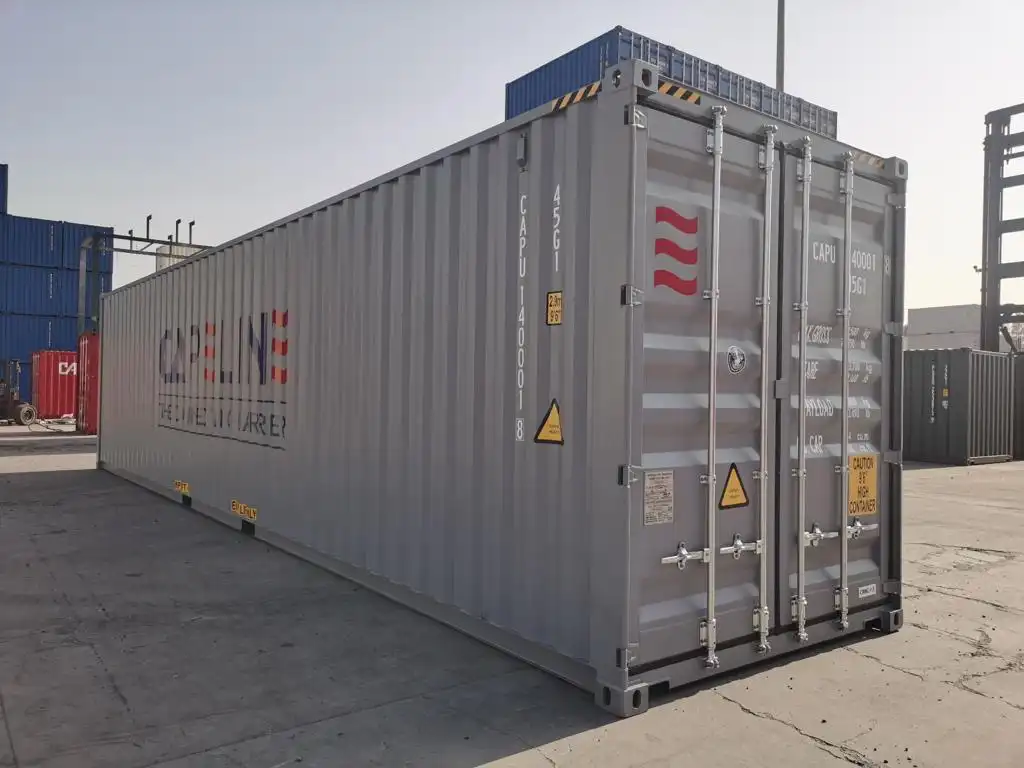
From wildfires and hurricanes to floods and droughts, climate change is hitting logistics hard. For example:
These events increase delivery times and add to insurance and rerouting costs, pushing up overall freight rates.
Labor issues — such as port worker strikes in Germany, South Korea, or on the U.S. West Coast — have caused backlogs, especially during peak shipping seasons. Meanwhile, the entire industry faces a chronic shortage of truck drivers and warehouse workers, increasing labor costs across the board.
At Capeship, we stay ahead of global trends so our clients don’t have to worry about them. Whether it’s rerouting cargo, advising on cost-effective freight methods, or helping businesses plan around disruption — we provide agile, reliable logistics solutions that adapt to a changing world.
Our advanced logistics tools, expert teams, and global network allow you to ship smarter, no matter what the headlines say.
Cargo shipping is part of a global network, meaning that a disruption in one region can have ripple effects worldwide. Freight prices are influenced by multiple factors including:
When a major event happens, these variables shift — sometimes overnight — causing freight rates to spike or dip unpredictably.
Our global Capeline expertise, advanced supply chain technology & customized Capeline solutions will help you develop and implement successful supply.
© 2025 Capeline Shipping LLC, All Rights Reserved | with ❤️ by LMTECH